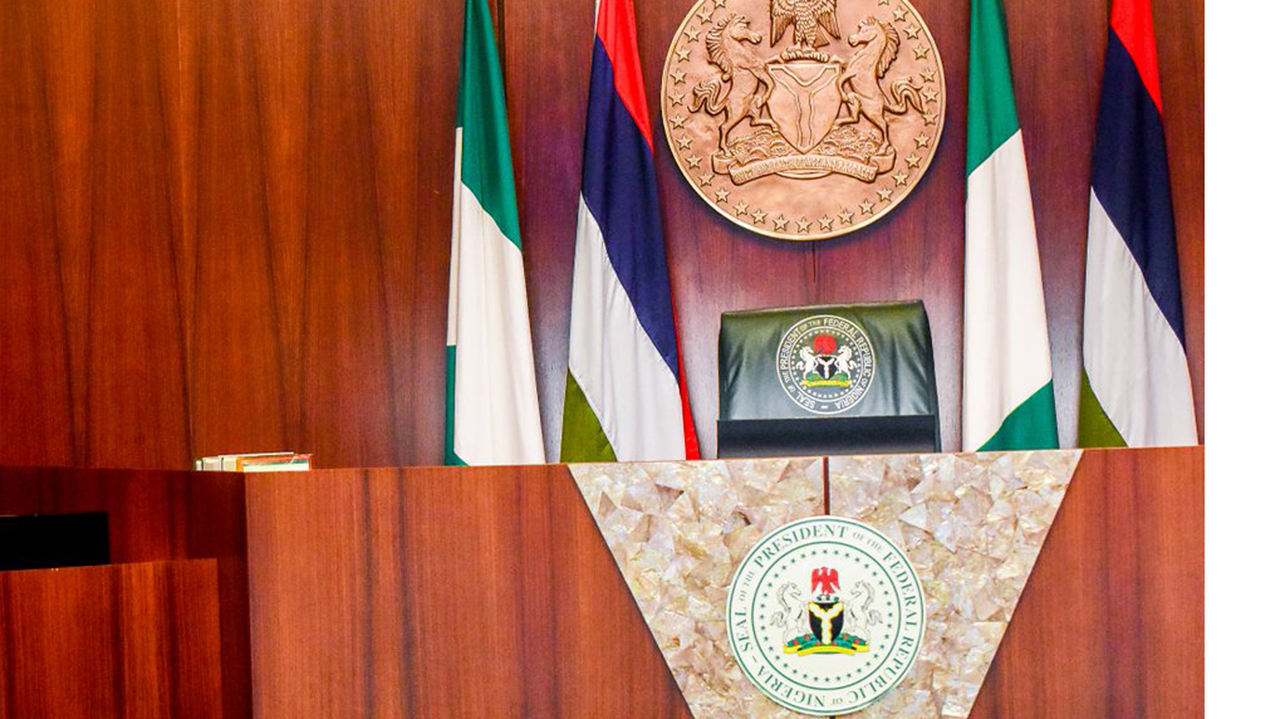2023 elections and ethno-religious jingoism
One major problem with democracy in Nigeria is lack of democratic culture. The democratic culture is the root that supports democratic system in any society. It is the catalyst that catalyzes the growth and development of democratic government, strengthens democratic institutions and therefore engenders and delivers the full dividends of democracy to the people. The […]

One major problem with democracy in Nigeria is lack of democratic culture. The democratic culture is the root that supports democratic system in any society. It is the catalyst that catalyzes the growth and development of democratic government, strengthens democratic institutions and therefore engenders and delivers the full dividends of democracy to the people.
The absence of democratic culture always leads to undemocratic and anti-democratic practices in the name of democracy. This results into the vices of nepotism, corruption and total abuse of power and human rights.
NIGERIA DAILY: How Nigeria Can Make Its Population Beneficial To It
No agreement yet with ASUU, says FG
The democratic culture is built on knowledge, values, attitudes and behaviours entrenched in the lifestyle of the people, which are in concordance with the tenets of democracy and in harmony with the provisions of the constitution.
These will enable the people to be aware of their civic rights, privileges, obligations and responsibilities in the democratic arrangement, so as to exercise them with considerable precision. However, these fundamental requirements can be achieved through vigorous grassroots enlightenment.
Raising the awareness and level of enlightenment of the electorate on the tenets of democracy is the responsibility of the political parties, the media and the agencies of the government that are saddled with such statutory mandates such as National Orientation Agency (NOA).
It is the ignorance of the people that made them susceptible to the manipulation of unscrupulous politicians. The politicians that are devoid of any political ideology or electoral value, whose major preoccupation is to have easy access to public fund for self-aggrandisement, resort to the use of ethnic, regional and religious sentiments to hoodwink and blindfold the electorate. They fan the embers of disunity, enmity, animosity and bitterness among the people to satisfy their egocentric, kleptomaniac, as well as megalomaniac tendencies.
The use of these primordial fault lines in politics has never been so pronounced. The activities leading to the 2023 general elections have seen the heightened, widened and deepened ethno-religious cracks among Nigerians, which is threatening the essence and substance of democracy.
Some ethnic jingoists, regional chauvinists, tribal champions and religious leaders are drafted into this unwholesome venture, and are working tirelessly to undermine the integrity of the electoral process. They employ hate speech, baseless insinuations, rumour and falsehood, in both mainstream and social media, which if left unchecked, can jeopardize the little gain that was made in the 22 years of uninterrupted democracy.
The differences and variations in race, gender, language, ethnicity, tribe, region and religion are divine designs that are beyond human control. No one can change his or her parents, gender, race or tribe. Therefore, there is no basis of hating someone for what he has no control over, which is generally believed to be the decision of GOD.
Harbouring malice, hatred or envy on these bases is tantamount to challenging the power of God, which is the highest level of disbelief or unfaithfulness. Nigerians are adjudged to be one of the most religious people in the world and, therefore, are expected to be submissive to the will of God. Though, it is one thing to be religious and another different thing to be Godly.
Meanwhile, as a people, one factor that binds us together is that we are all humans, living in one geographical entity called Nigeria. Other differences are what make us unique, peculiar and distinctive, which we should understand and harness to be our source of strength.
Democracy is about the welfare and well-being of the people irrespective of their primordial variations. Let’s come together, as a nation to discuss and debate on issues; face our collective challenges, solve our common problems and build a nation that we can be proud to bequeath to the future generations.
Usman Aliyu Elnafaty No 44, DP21, Fadamar Jaji, Behind Federal Secretariat, Bauchi
